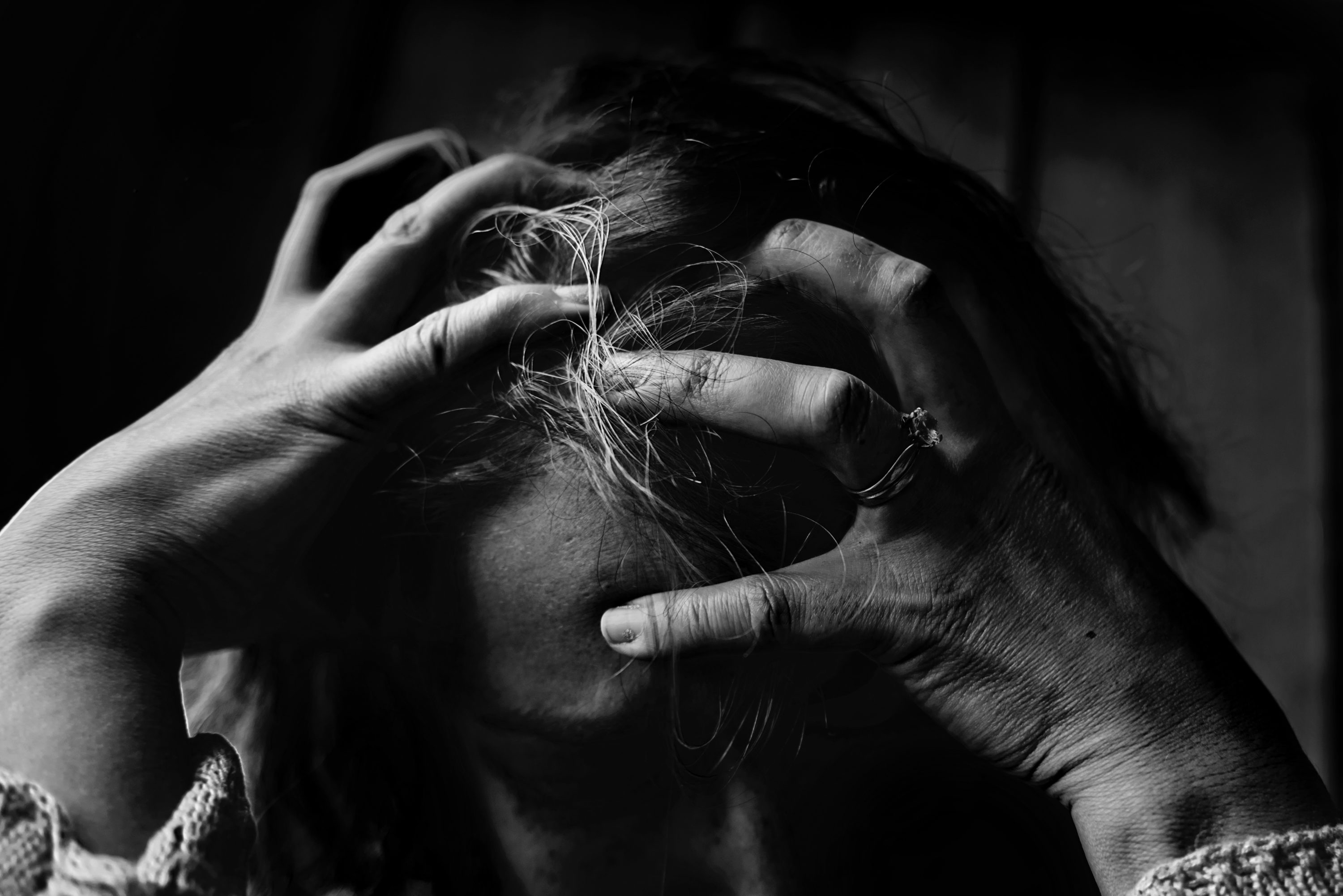Depression and anxiety are two of the most prevalent mental health disorders globally, affecting millions of people each year. While they are distinct conditions with unique characteristics, they often coexist and interact in complex ways. Understanding the correlation between depression and anxiety is essential for individuals, their loved ones, and mental health professionals.
What is Depression?
Depression, often referred to as major depressive disorder, is a serious mental health condition characterized by persistent feelings of sadness, hopelessness, and a loss of interest or pleasure in activities that were once enjoyed. It goes beyond the normal ups and downs of life and can have a profound impact on a person’s daily functioning.
Signs of Depression
1. Persistent sadness and a low mood.
2. Loss of interest in previously enjoyed activities.
3. Fatigue and decreased energy.
4. Changes in appetite and weight.
5. Difficulty concentrating and making decisions.
6. Feelings of guilt or worthlessness.
7. Thoughts of death or suicide.

What is Anxiety?
Anxiety is a natural response to stress and is often a part of the body’s “fight or flight” mechanism. However, when anxiety becomes excessive, irrational, and uncontrollable, it can develop into an anxiety disorder. Generalized Anxiety Disorder (GAD), Social Anxiety Disorder, and Panic Disorder are just a few examples of anxiety disorders.
Signs of Anxiety
1. Excessive worrying about various aspects of life.
2. Restlessness or feeling on edge.
3. Irrational Fears.
4. Muscle tension.
5. Difficulty concentrating.
6. Irritability.
7. Sleep disturbances.
8. Physical symptoms such as rapid heartbeat and sweating during anxious episodes.

Causes of Depression and Anxiety
Understanding the causes of depression and anxiety is complex, as they often result from a combination of factors:
1. Biological Factors: Imbalances in brain chemicals (neurotransmitters) can contribute to both conditions.
2. Genetics: Family history can play a role in predisposing individuals to depression and anxiety.
3. Environmental Factors: Stressful life events, trauma, or chronic stress can trigger or exacerbate these conditions.
4. Personality: Certain personality traits, such as perfectionism or pessimism, can increase vulnerability.
5. Medical Conditions: Some medical conditions or medications can contribute to depression and anxiety.
The Correlation Between Depression and Anxiety
Depression and anxiety often go hand in hand, and this comorbidity can make both conditions more challenging to manage. Here’s how they interact:
1. Shared Symptoms: Both depression and anxiety can manifest with overlapping symptoms like changes in sleep, difficulty concentrating, and irritability.
2. Vicious Cycle: Anxiety can lead to feelings of stress, which can trigger or worsen depression. On the other hand, the hopelessness associated with depression can lead to worry and anxiety about the future.
3. Biological Overlap: There is evidence that the same neurotransmitters, such as serotonin and norepinephrine, are involved in both depression and anxiety.
It’s important to note that when both depression and anxiety coexist, it’s often referred to as comorbid depression and anxiety. This requires a specialized treatment approach to address both conditions effectively.
The Importance of Seeking Professional Help
Recognizing the correlation between depression and anxiety is a crucial step, but seeking professional help is equally essential. Mental health professionals, such as therapists, psychiatrists, and counselors, are trained to diagnose and treat these conditions.
Professionals help offer several benefits, including:
1. Accurate Diagnosis: Mental health professionals can provide an accurate diagnosis and differentiate between depression, anxiety, and comorbid conditions.
2. Personalized Treatment: They can develop personalized treatment plans that may include therapy, medication, lifestyle changes, or a combination of these.
3. Support and Guidance: Professionals offer emotional support and teach coping strategies to manage symptoms effectively.
4. Preventing Escalation: Early intervention can prevent the conditions from worsening and causing more significant distress.
Contact Chenal Family Therapy Today
When dealing with depression and anxiety, seeking professional help is paramount. Founded in 2010, Chenal Family Therapy specializes in providing individual, couple, and family therapy, as well as psychological testing services. We also offer psychiatric evaluations, medication management, and registered dietician services.
With 21 locations throughout Arkansas, we cater to couples struggling to save their marriages, families facing turmoil, and individuals dealing with anxiety, depression, unresolved grief, trauma, PTSD, and various addictions. If you or a loved one is struggling with depression and anxiety, don’t hesitate to call our office today at (501) 781-2230 to schedule an appointment.
SPP is a subset of Chenal Family Therapy, PLC, ACEP Provider Number: 7233




